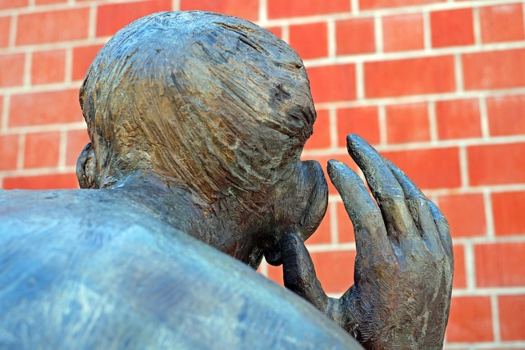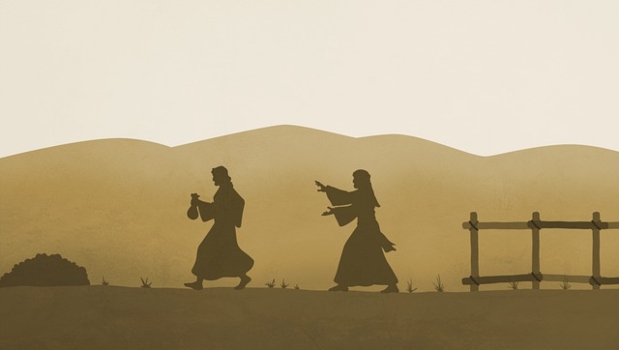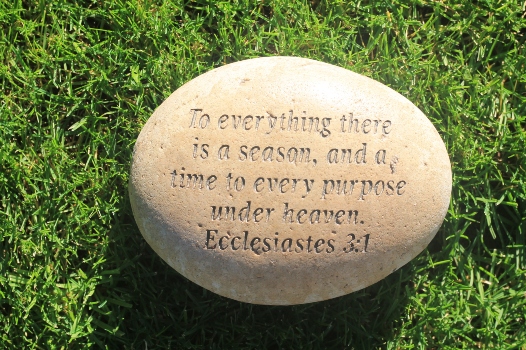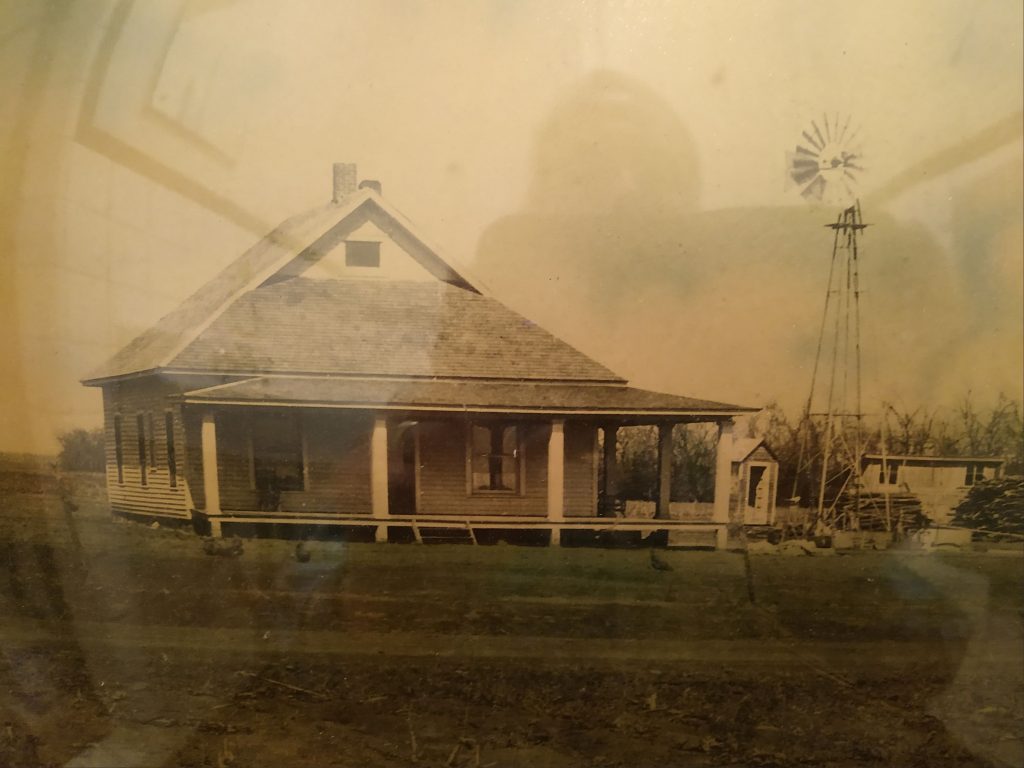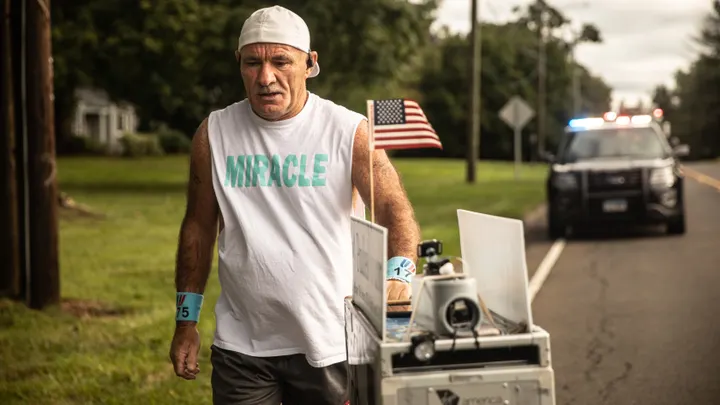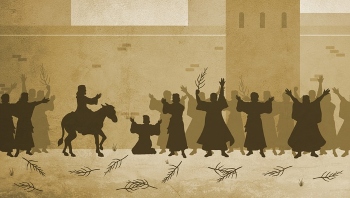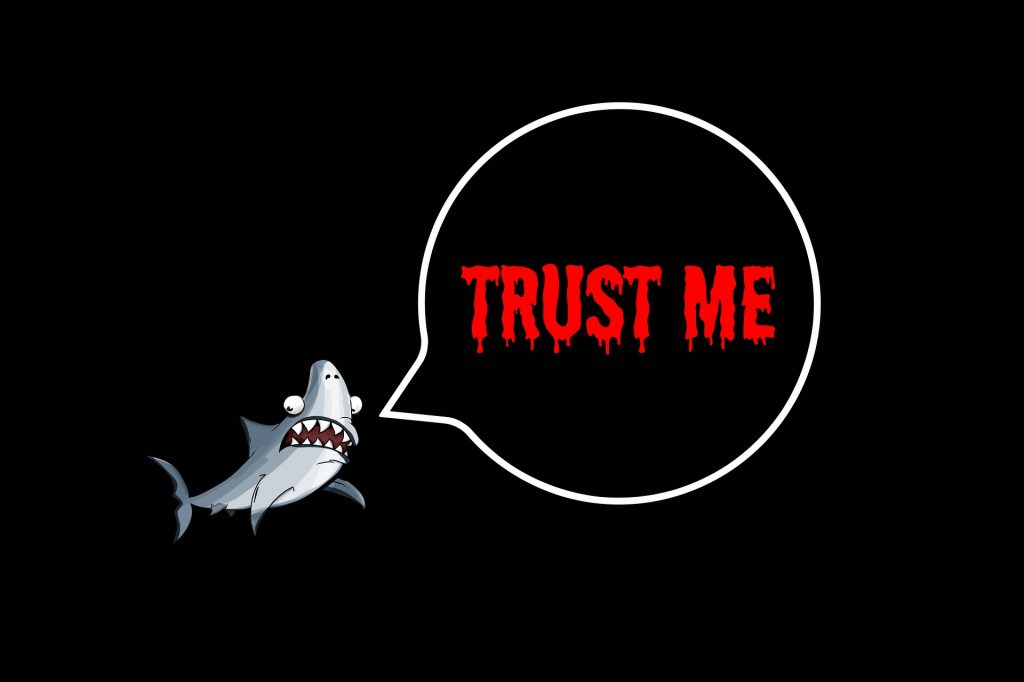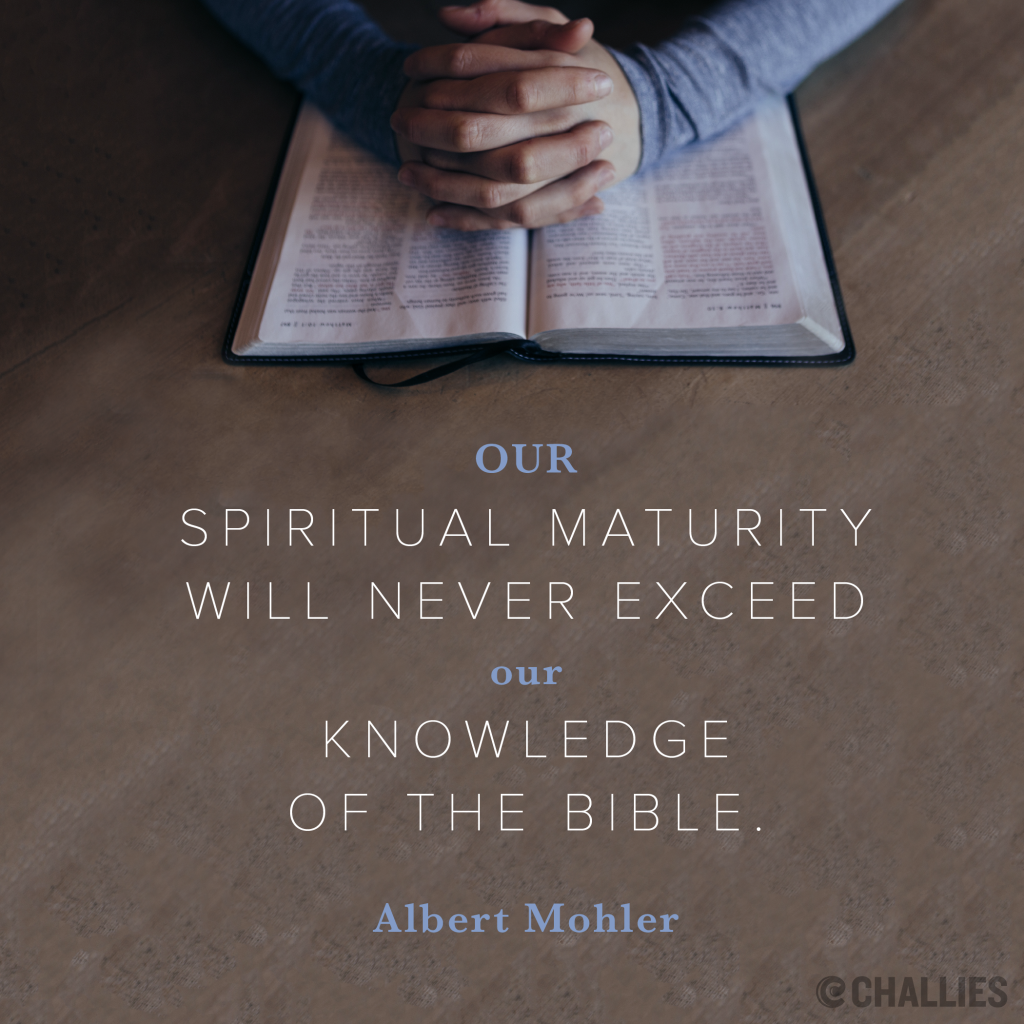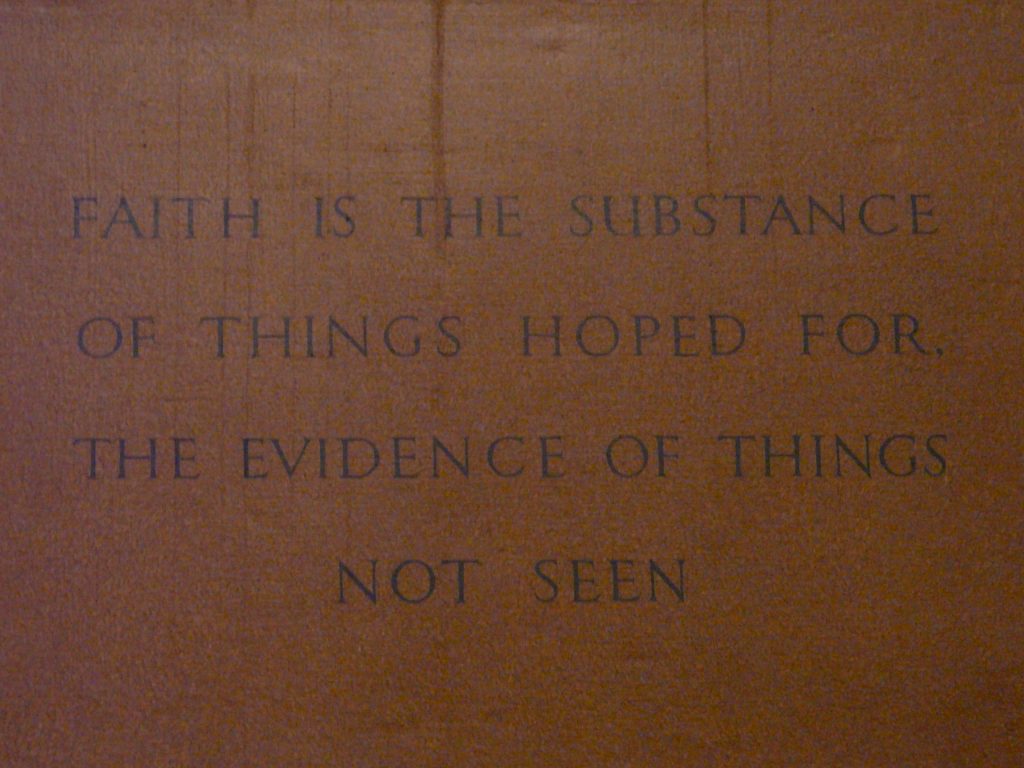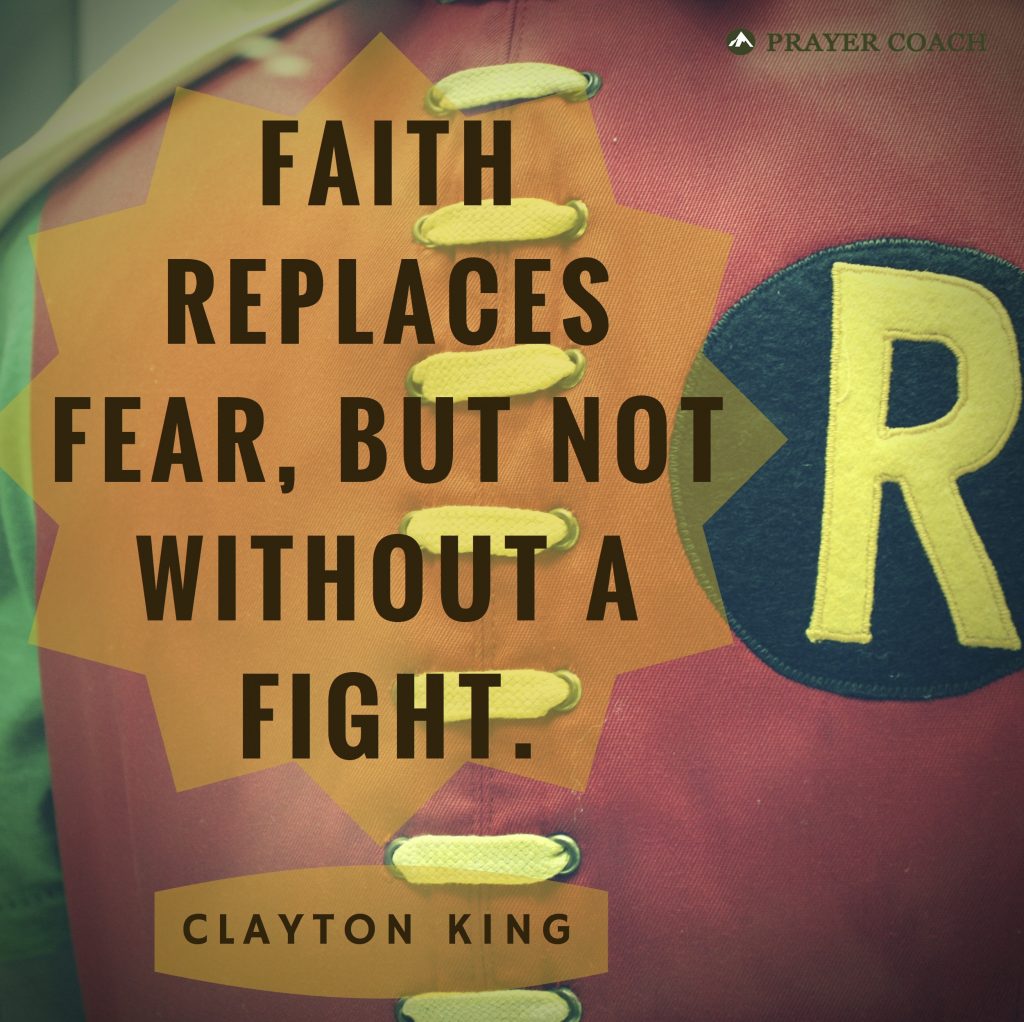Just Like Us
As we’ve been going through the Old Testament these past couple of weeks, one of the things that has become obvious is how human these people were. We seem to have a preconceived notion that the people in the Bible were near perfect.
As we look at the people of the Bible, we tend to place them at a superhuman level. Many of these people are a part of Jesus’ lineage after all. Doesn’t this mean they were better than we are? Not so much.

As we read about these people, we see that they did some pretty questionable things, like giving their husbands other women to sleep with and then being mad about it after wards, or sleeping with multiple women, or stealing a brother’s blessing, or lying and saying that your wife is your sister. (Genesis 26:6-7)
These things seem to be quite a bit less than superhuman.
Okay, so these people were people, just like us.
Isaac is the person of focus this week. He is one of the three consistently referred to throughout out the Bible in Jesus’ ancestry known as the triad. This is Abraham, Isaac, and Jacob. Of these three, Isaac’s story is probably the smallest.
Even though it may not be as big as Abraham or Jacob’s it is still an important part of Jesus’ family tree.
One of the things we discussed in Sunday School was Isaac’s age when his father took him to the mountain to be sacrificed. The common picture we get when we think about Issac being placed on the altar to be a sacrifice is of a small boy, maybe eight to ten.
It is likely that he was much older than that.
Issac was conceived when Abraham was 99 years old, Sarah was 90, and Ishmael was 13 (Genesis 17:1, 17, 25). When the boy was weaned (2-5 years) later, Hagar and Ishmael were sent away and the covenant between Abraham and Abimelech took place (Genesis 21:34).
In Genesis 22:1-18, God tested Abraham by telling him to sacrifice Issac.
Sarah died at the age of 127 when her son was 37. So, there was a period of 35 years from weaning till the death of Sarah to allow for chapter 21 and 22 to take place.

Issac must have been a young man to be able to carry the wood necessary for the large sacrifice (Genesis 22:6) because we are told that Abraham left his servants at the bottom of the mountain and went alone with his son to the place of offering. A small boy could not carry the bundle of wood.
I’d never thought about Issac being this old and still being willing to let his father tie him up on the altar (Genesis 22:9-10).
When thinking about this story of Abraham and Issac, we always see it as Abraham’s strong faith…and it was. But what about Issac’s faith in being willing to let his father tie him up on the altar? This took as much or even more faith.
I don’t know if I could have done either of these things.
So, maybe these people in the Bible were pretty amazing.



